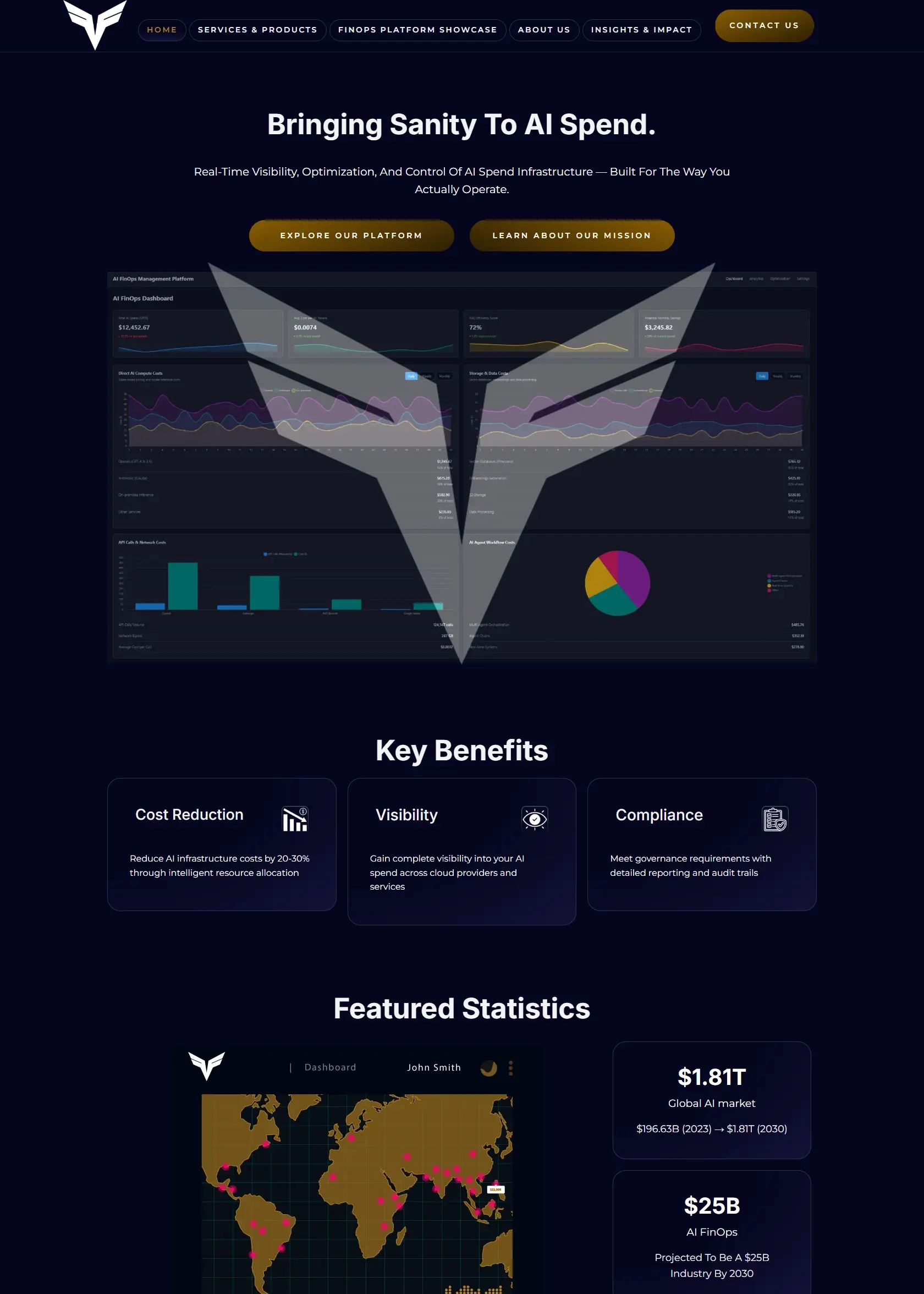In our SEO journey, we’ve explored various ranking factors. Previously, we covered the trust column of the Periodic Table of SEO Success Factors, which is part of Off-Page SEO. Now, let’s dive deeper into two crucial elements: History and Identity.
Th: History
Search engines constantly analyze website behavior. They track updates, link patterns, and content consistency. Sudden changes, such as linking to spammy sites or publishing off-topic content, can raise red flags.
A website with a history of penalties (e.g., from Google’s Penguin update) may struggle to regain rankings. Search engines do not easily forget past violations. Conversely, established sites with a strong history often maintain rankings, while newer sites may take months to earn credibility.
Maintaining a positive track record—by following SEO best practices and avoiding black-hat tactics—enhances trust and search visibility.
Ti: Identity
Search engines verify both websites and content authors to assess credibility. Google and Bing use identity signals to determine content authenticity. While Google’s Authorship feature ended in 2014, Author Rank still influences rankings.
To strengthen identity signals, websites should:
- Verify ownership in Google Search Console and Bing Webmaster Tools.
- Build author authority through reputable content.
- Leverage platforms like Google+ (legacy) and Klout (for Bing).
As SEO evolves, identity verification will continue playing a role in search rankings.
Final Thoughts
Both History and Identity are key trust factors in SEO. A strong reputation and verified authorship can improve rankings and credibility.



